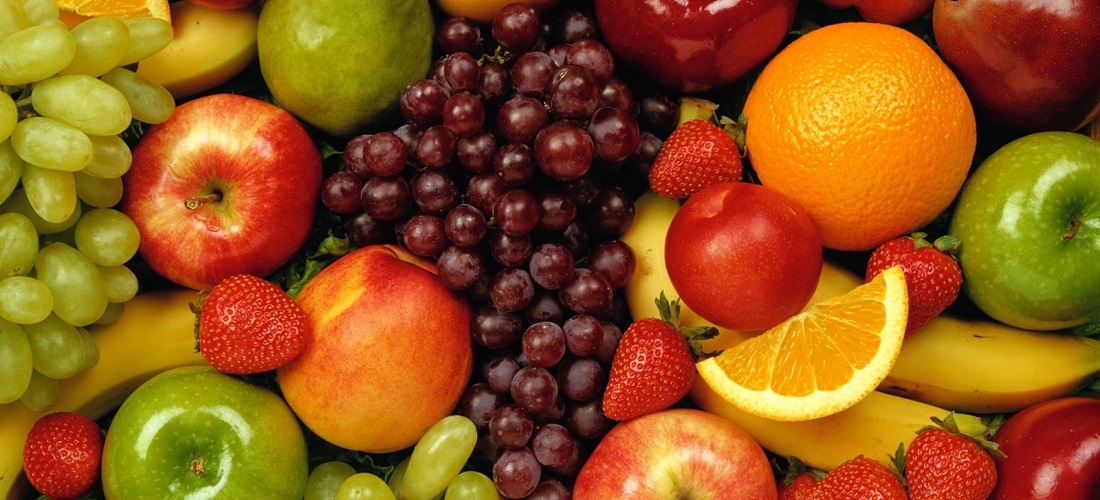
Fruits: Brazil grows many but exports few
May, 31, 2024 Posted by Sylvia SchandertWeek 202422
Brazil grows many fruits but exports little compared to the sheer size of its crops. According to Sueme Mori, international relations director of agricultural lobby CNA, in 2023 USD 1.256 billion was grossed from exports.
“It’s a good number, but it’s very low compared to the sheer size of Brazilian agricultural production. We export approximately 2.7% of our fruit production. This is very little given our production’s diversity and volume. There’s room to increase sales,” she says.
In May, ANBA and other news outlets from Brazil, Argentina, China, Italy, Germany and the United Kingdom participated in a trip to the São Francisco Valley in the Brazilian semi-arid region that thanks to the irrigation provided by the river, grows crops of fruits, particularly mangoes and grapes. By the invitation of CNA, the outlets met companies and people that produce and export fruits, juices and even wine from farms in Bahia and Pernambuco. Mori participated in the trip.
Data from the CNA shows that countries in the Middle East imported USD 19.7 million from Brazil last year. The United Arab Emirates alone imported USD 12.8 million, followed by Saudi Arabia (USD 2.8 million), Israel (USD 1.38 million) and Kuwait (USD 1.2 million), as wells as Qatar, Oman, Lebanon, Chipre, Bahrain and Jordan to a lesser extent. Out of these, only Israel and Chipre are not Arabs. These figures include fresh fruit, dried fruit, and preserves and conserves. Apple tops the list of fruit exports that also includes melon, lime, grape, mango, watermelon, fig, papaya, and others.
The chart below shows Brazil’s fruit exports in containers from January 2021 to April 2024. The data comes from Datamar’s pioneer maritime intelligence service DataLiner.
Fruit Exports in Containers | Jan 2021 – Apr 2024 | TEUS
Source: DataLiner (click here to request a demo)
Challenge for fruit exports
The CNA’s director mentions some barriers that need to be overcome for widening fruit exports. Competition with producing countries that are closer to consumers is one of them. Mango is grown in the Ivory Coast, an African nation that is closer to Arabs. Peru exports it in the last months of the year at a lower cost compared to Brazil.
Another challenge is logistics. Fruits may take over 40 days to be shipped by sea from Brazil to the UAE. As there is no direct sea lane between the two countries, the quality of the fruits may be harmed when changing ships in European ports. Mangoes, for example, can’t endure 40 days from harvest to consumption. The solution is exporting by air via São Paulo. This pushes up the costs, though.
“For fruit, there is this particularity and also the market opening and the negotiation of a phytosanitary protocol. So, for fresh fruits, the countries have to agree on the protocols. Some have regulation that are similar to Brazil’s, but others don’t,” she says.
From Brazil’s Sertão to the UAE, Kuwait…
One of the companies based in the farms of Casa Nova, Bahia state, is GrandValle, established by Gilberto Secchi and now also run by members of the second generation of his family. The headquarters at the farm’s entrance is built and decorated with traditional features and methods of the Sertão like mud and rammed earth, a technique using compacted earth.
Beyond that, you find different fruit crops. In addition to being sold domestically and exported, they contribute to other businesses of the company: Sheep and goats are fed with grape meal among other things. The water that irrigates the crop is harvested directly from the São Francisco River which borders the farm. “It may seem that we have water galore, but it’s not like that. We only use the water we consume,” says GrandValle director-general Lara Secchi.
The farm ships fruits to several countries, but not to others for lack of phytosanitary agreements as pointed out by the CNA’s director. GrandValle logistics manager Guilherme Secchi explains that before scoping out business with clients from a certain country, the company looks up in Brazil’s Ministry of Agriculture and Livestock if there are fruit export agreements with that market in particular.
“If there isn’t, there’s no point in following through because we won’t be able to export,” he says. “Clients from Morocco have shown interest in buying, but we couldn’t because of that. Now we export to Kuwait and the UAE, but it isn’t a regular process, as they go by air from Guarulhos to Dubai.” Fruits shipped by air take four days to reach consumers.
Existing opportunities
The CNA’s director says there are opportunities to expand sales to Middle East and North Africa countries. These are regions that struggle to develop their own fruit production due to climate and soil conditions. Such challenges lead some countries in these regions to implement food importing policies to ensure food security.
“MENA is a large market. The UAE, on top of everything else, offers several facilities. It’s also a region where many countries have food security policies and take the food security issue very seriously, thus establishing import facilities, particularly those that don’t produce food domestically,” says Mori.
Source: ANBA
-
Meat
Nov, 04, 2022
0
China lifts embargo on two Brazilian poultry meatpackers
-
Meat
Apr, 14, 2023
0
Brazil: poultry exports in 1st week of April outpace last year’s perfomance by 60%
-
DW 2020 EN
Jun, 15, 2020
0
DATAMARWEEK 16 JUNE 2020
-
Ports and Terminals
Oct, 27, 2022
0
Brazil’s environmental agency to investigate four vessels in the Port of Santos

